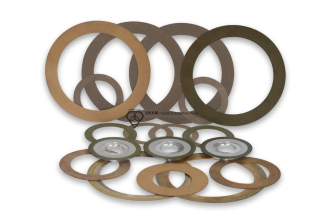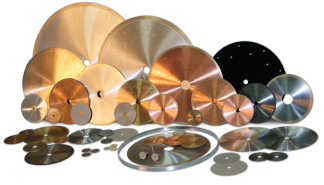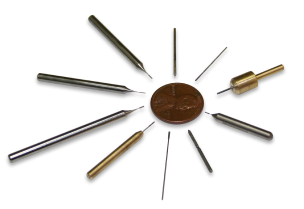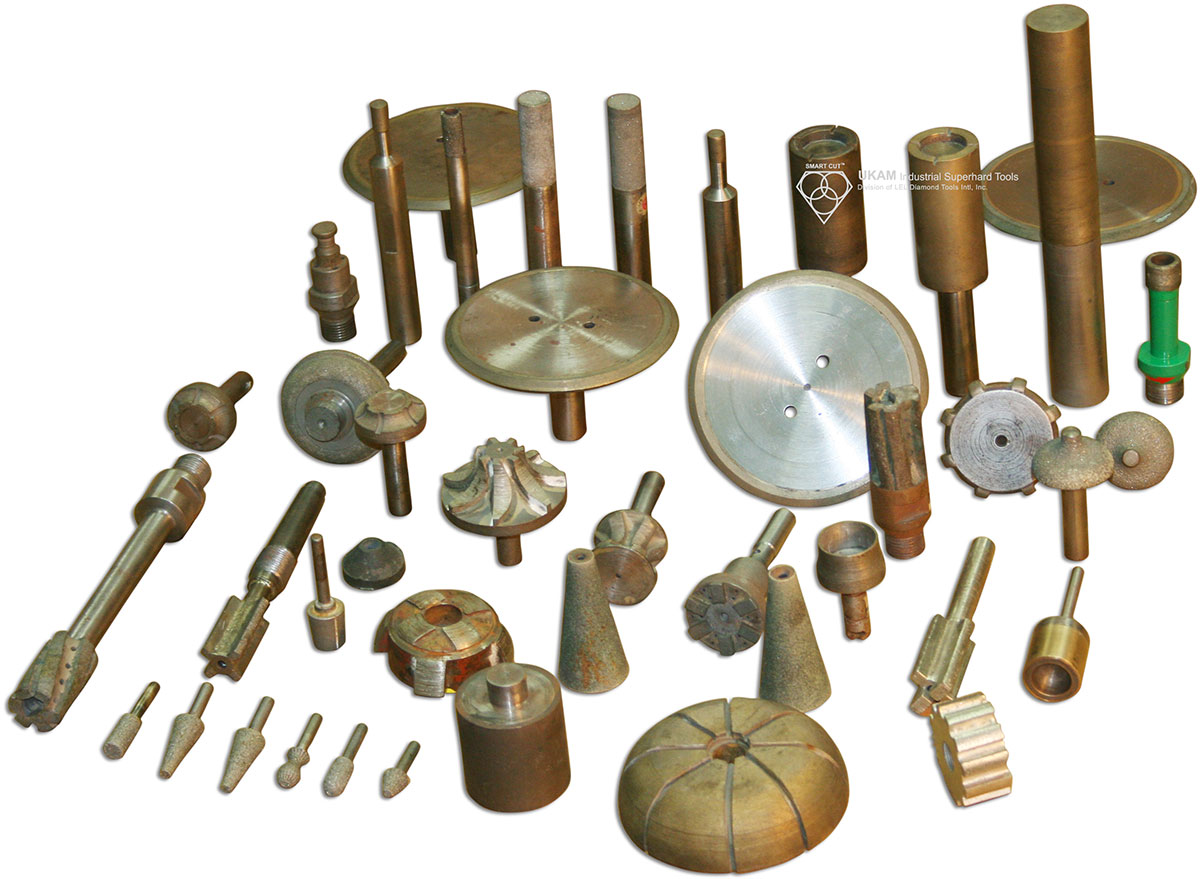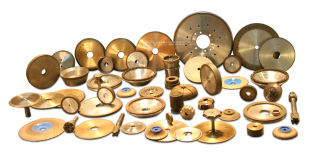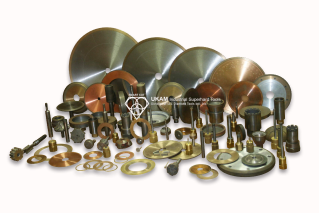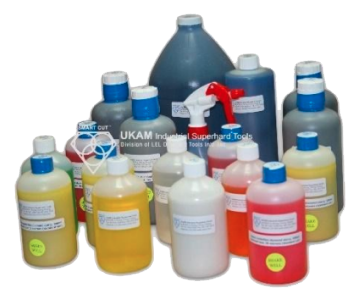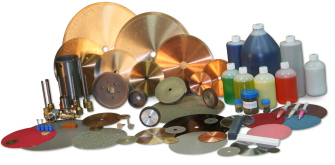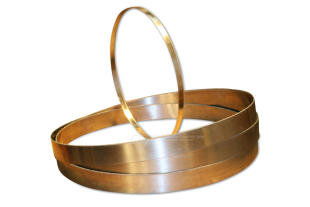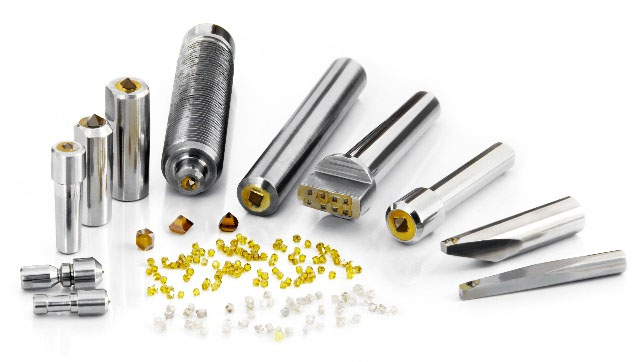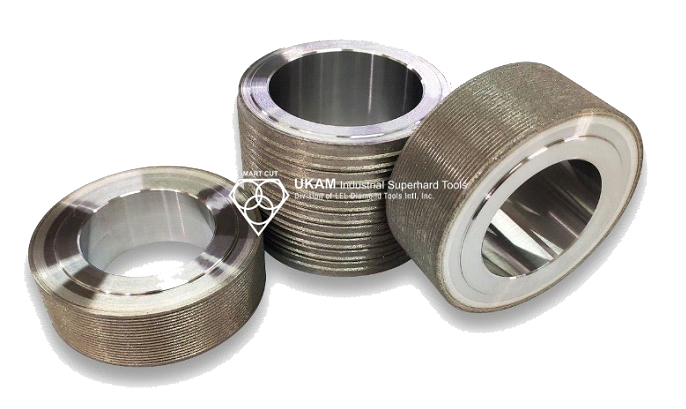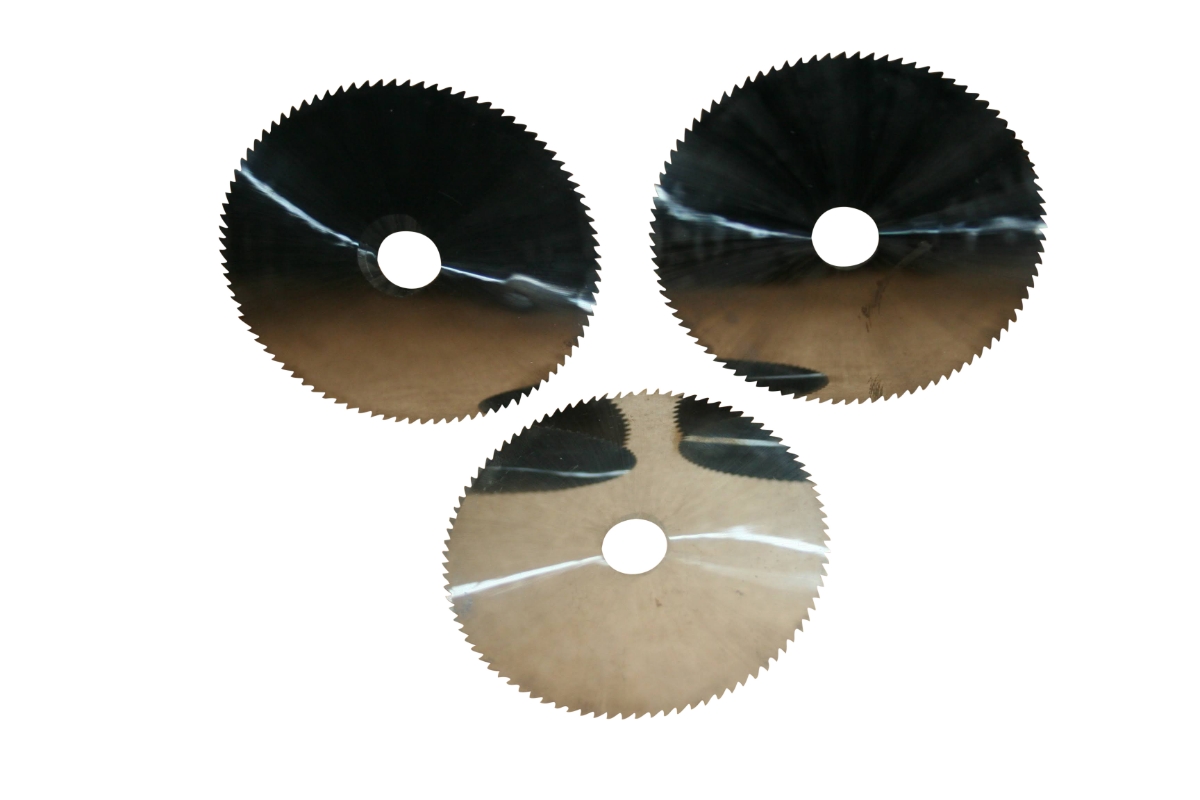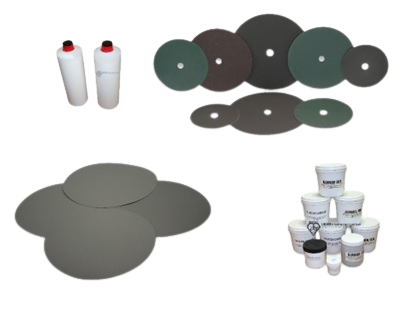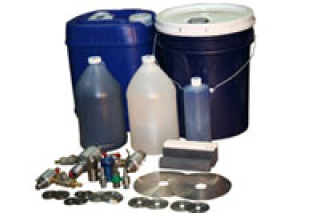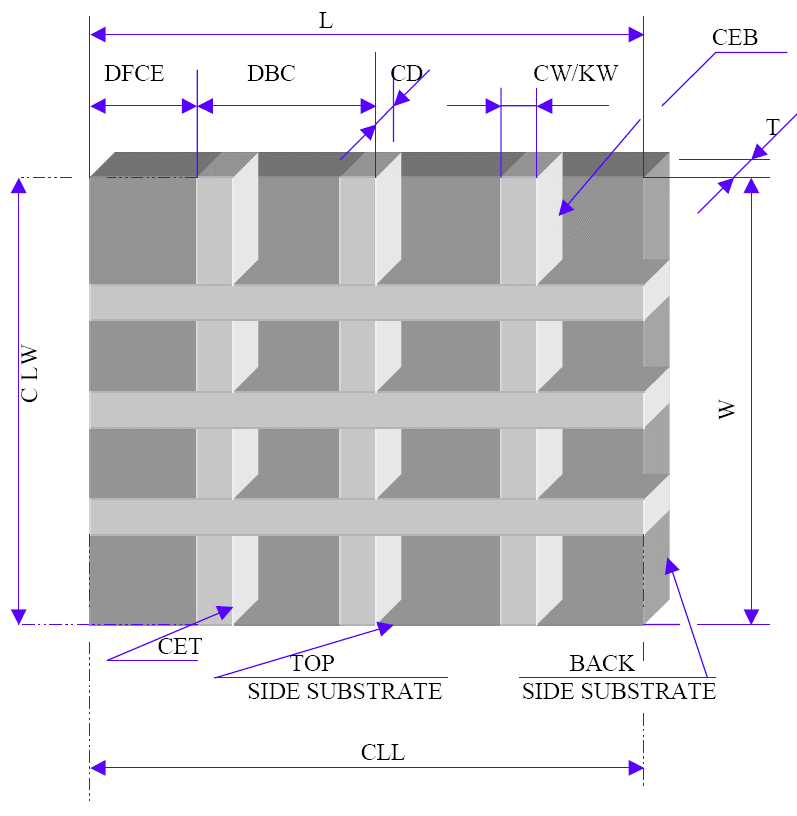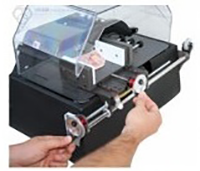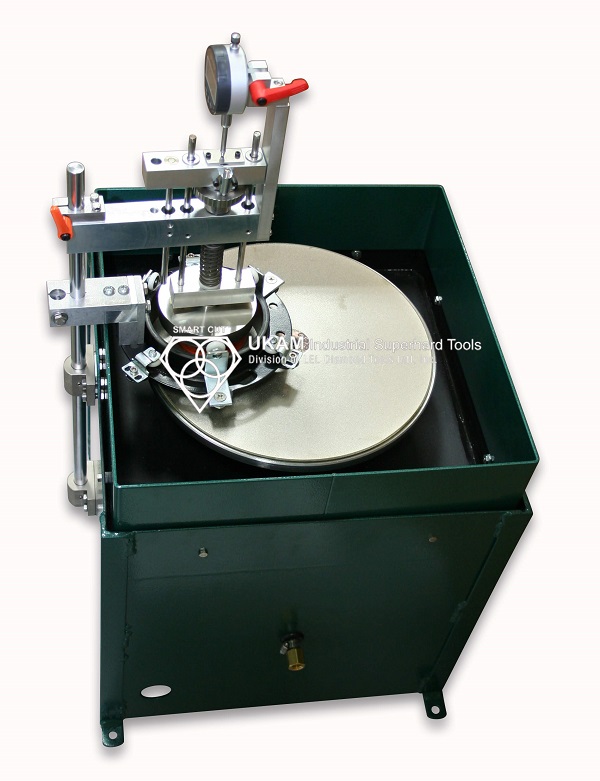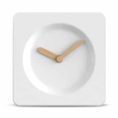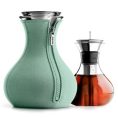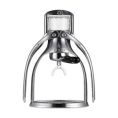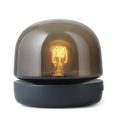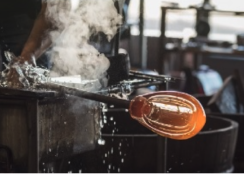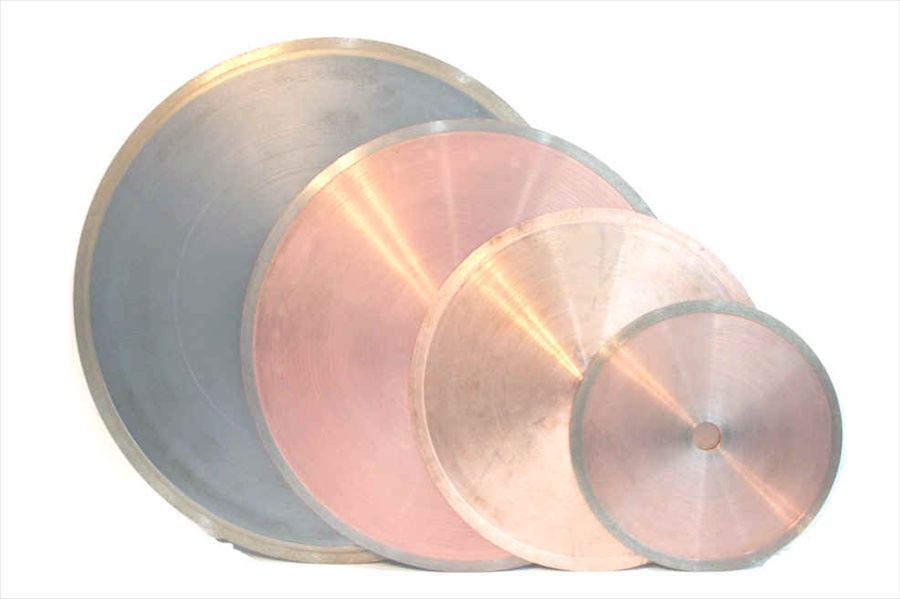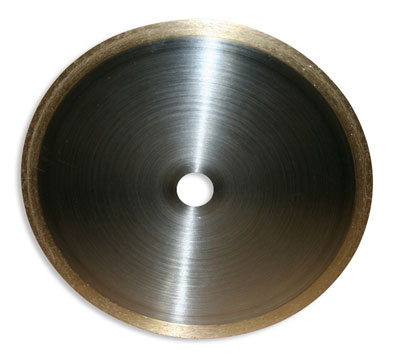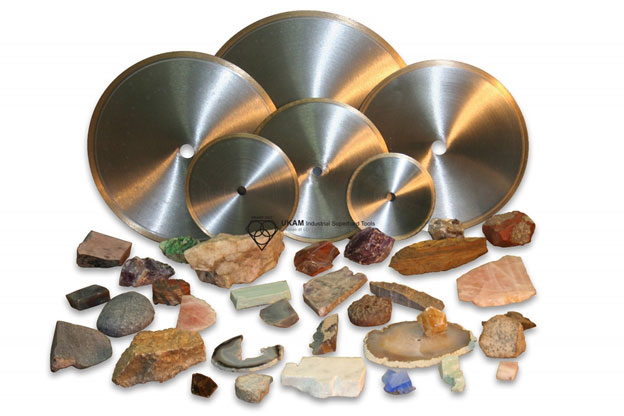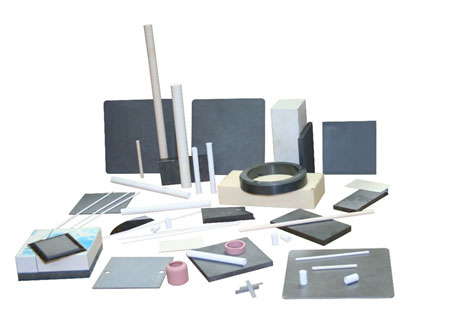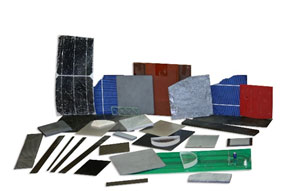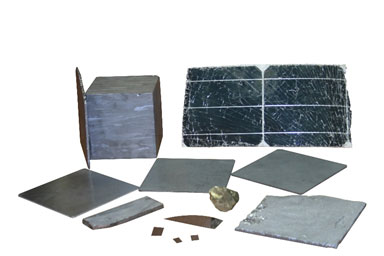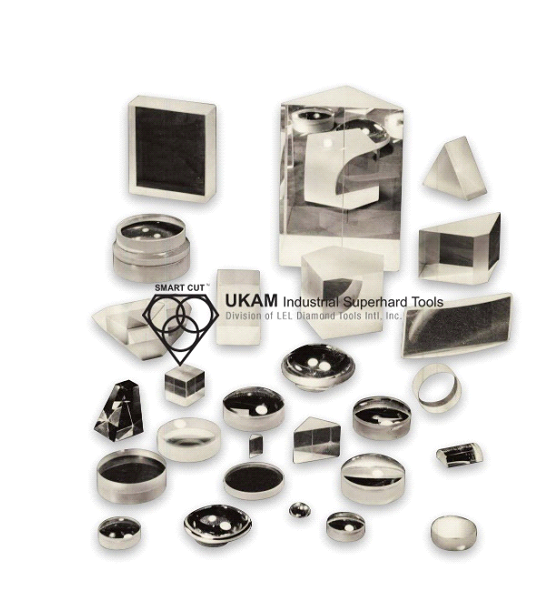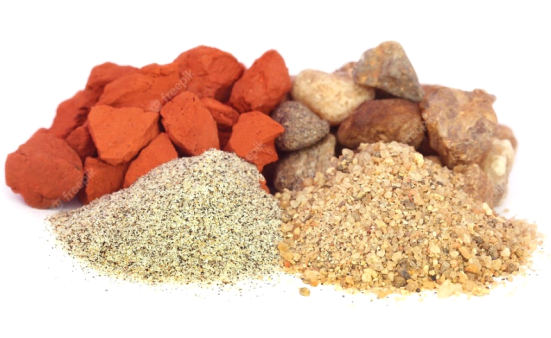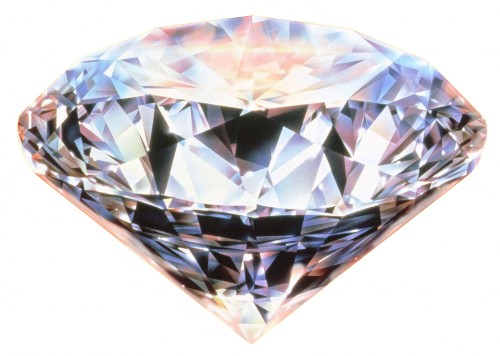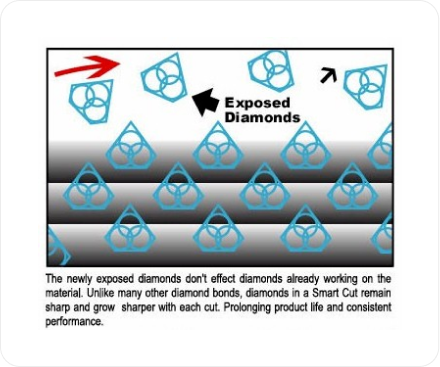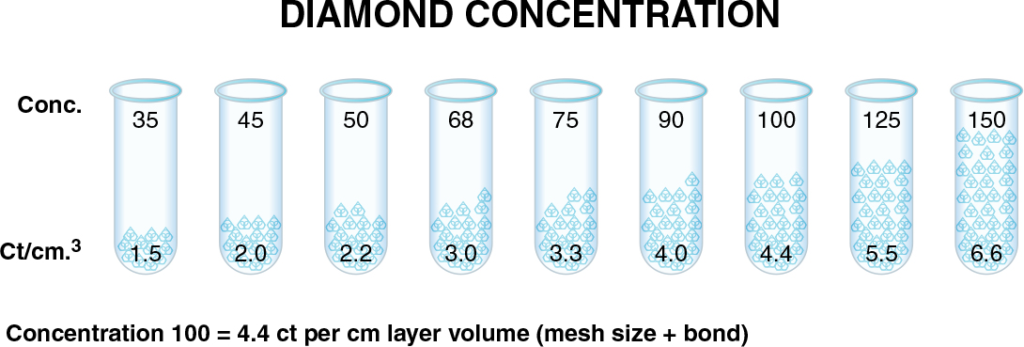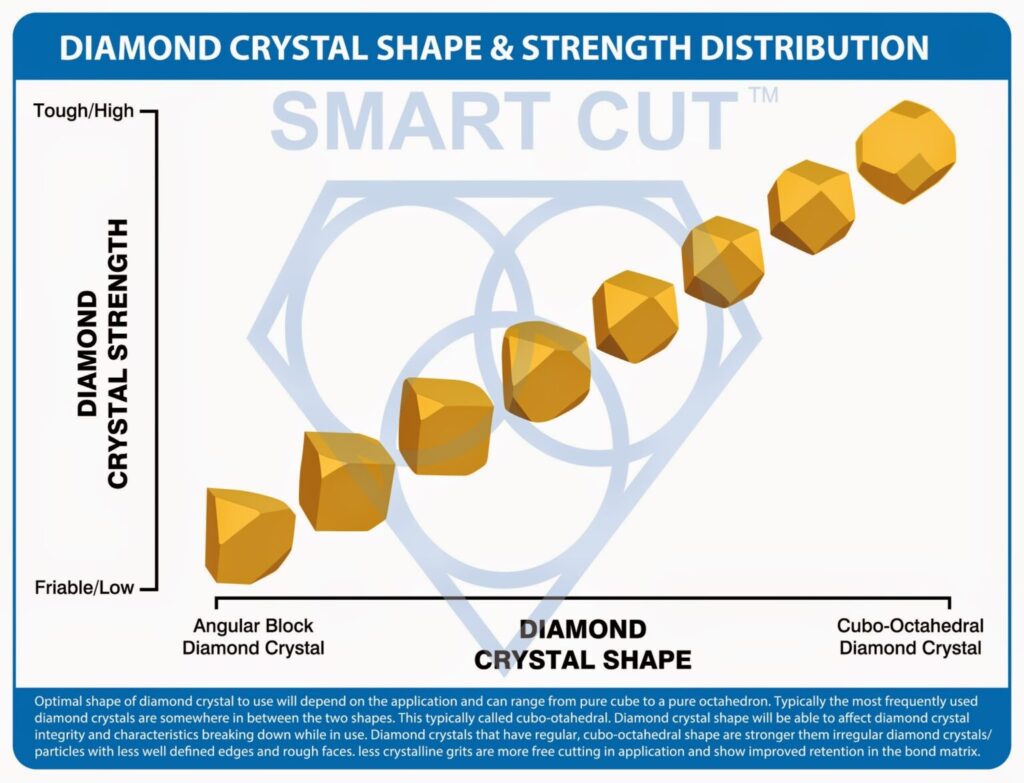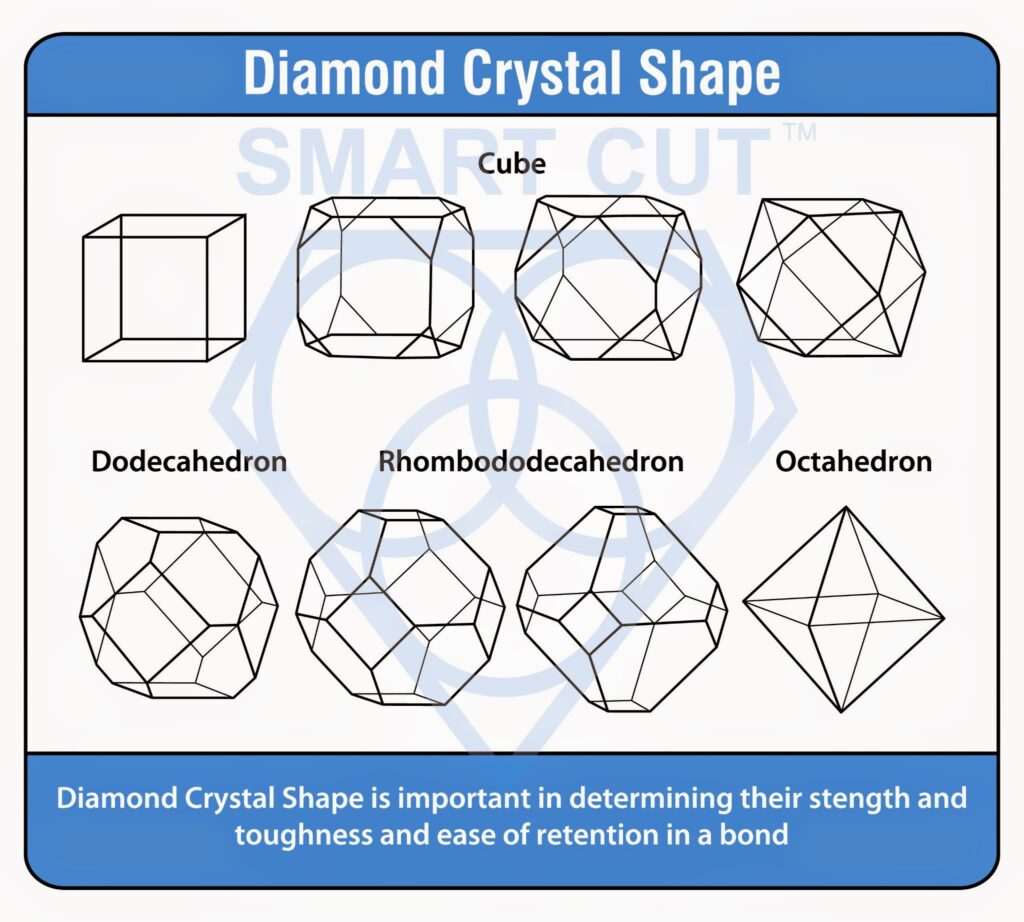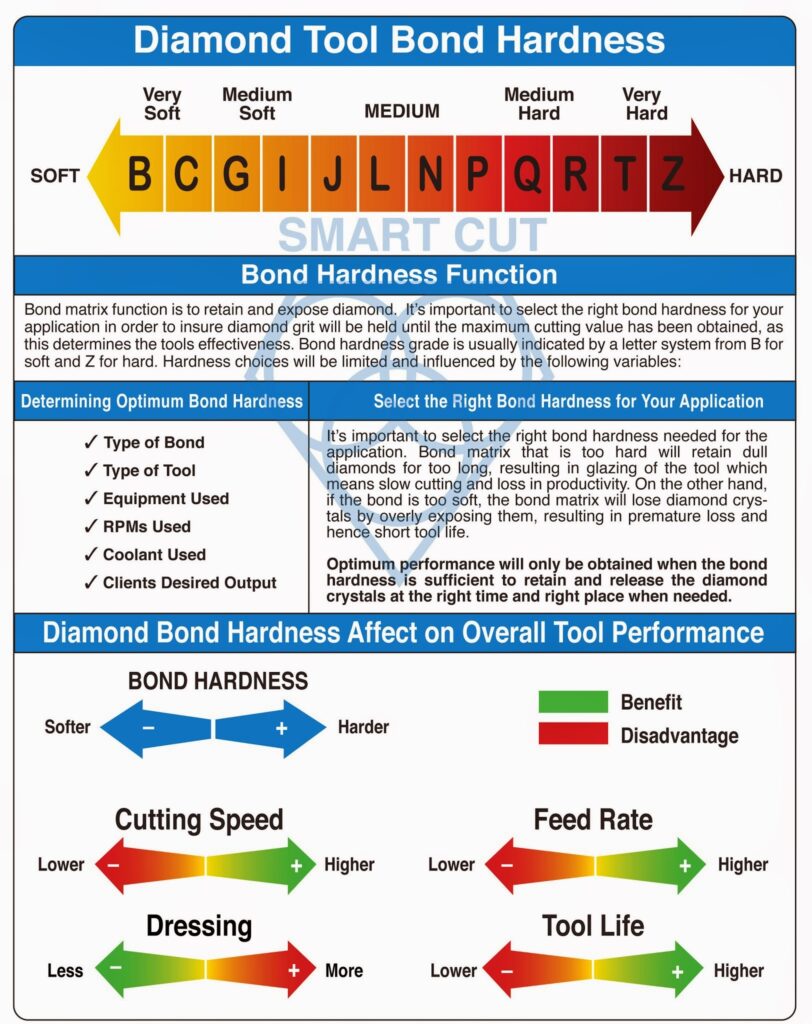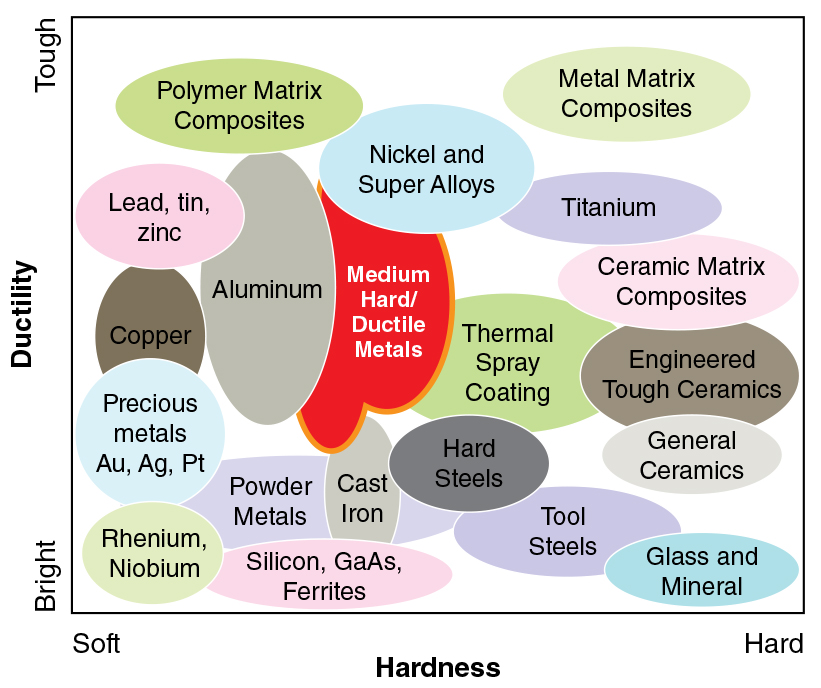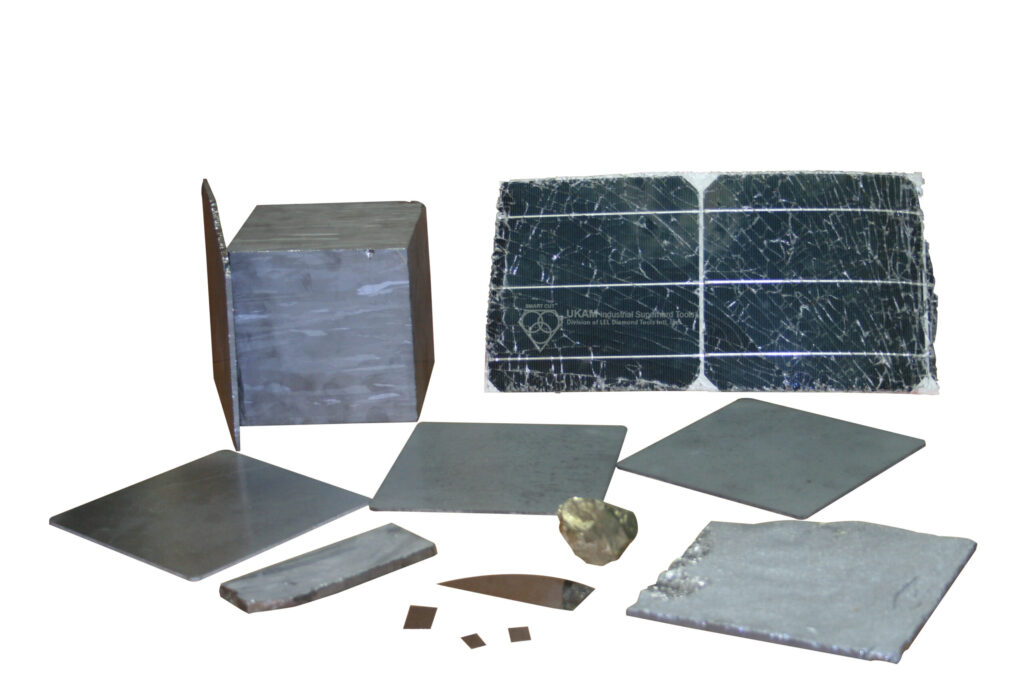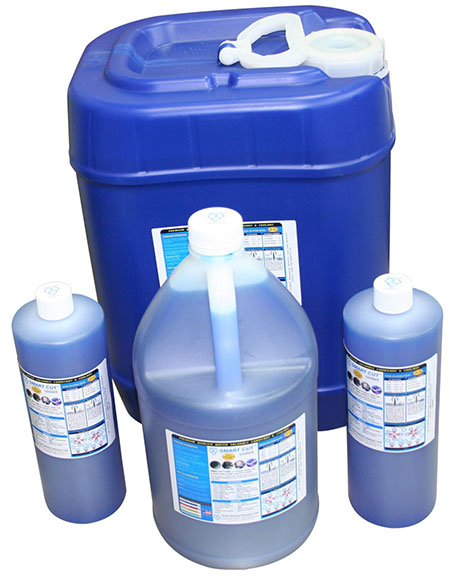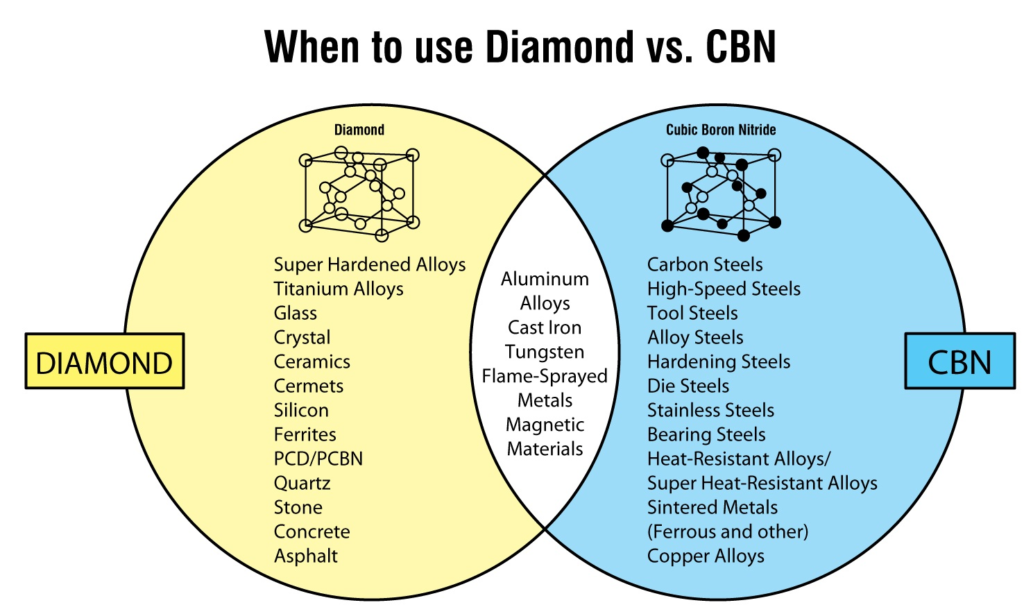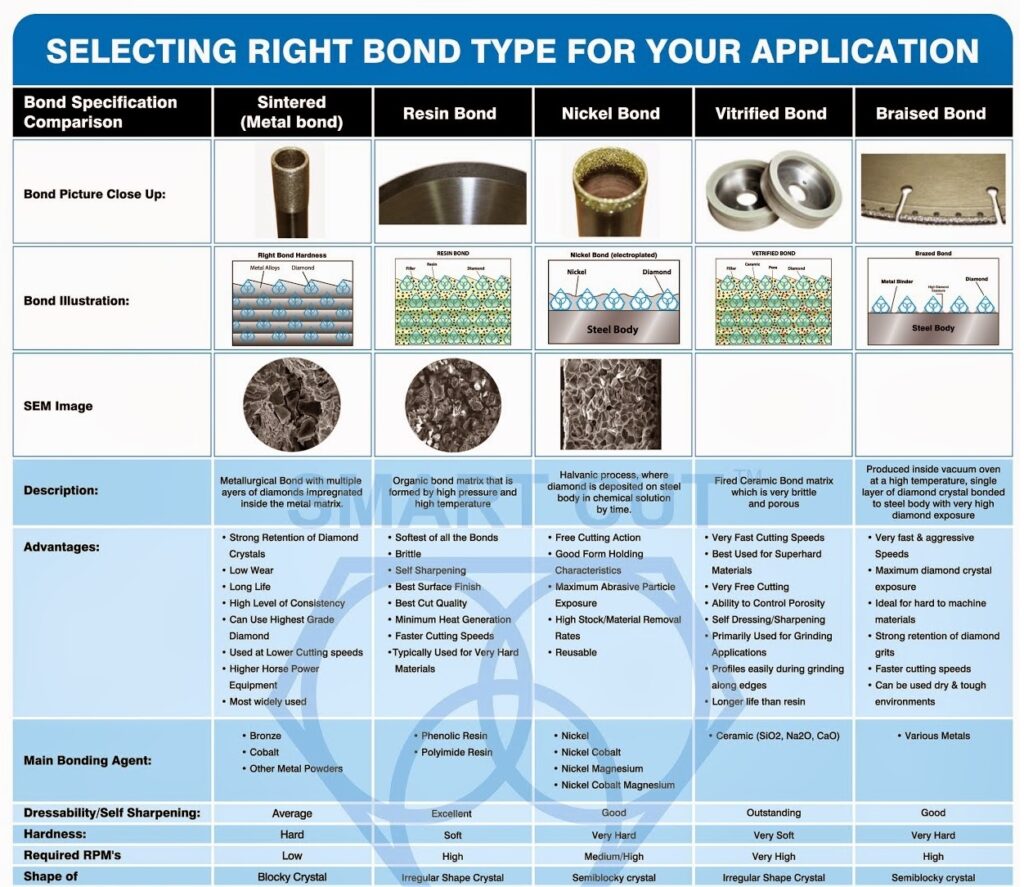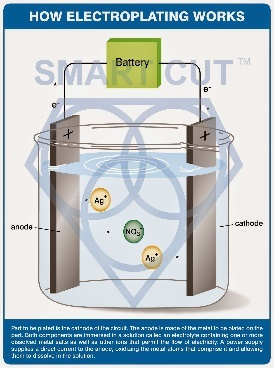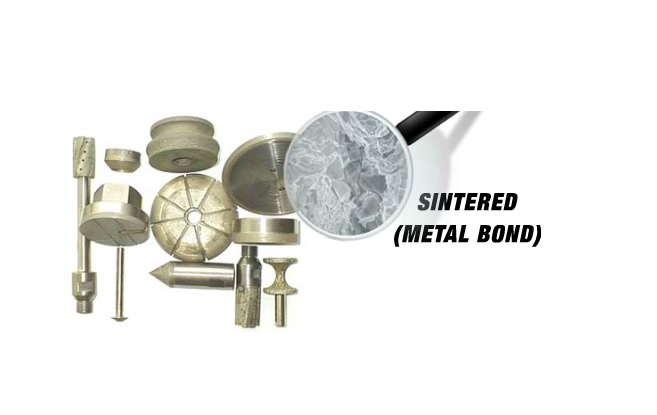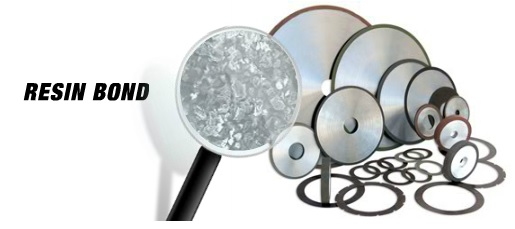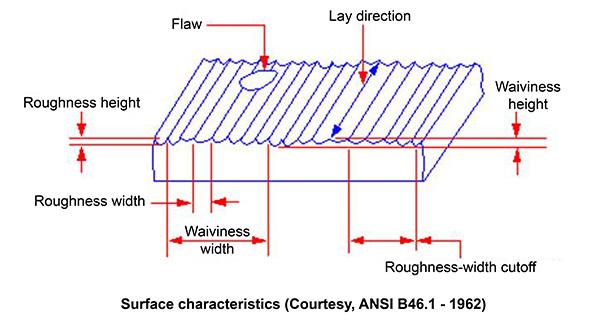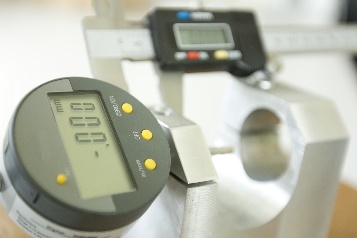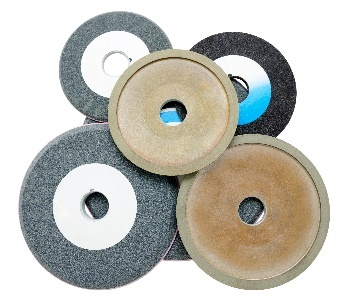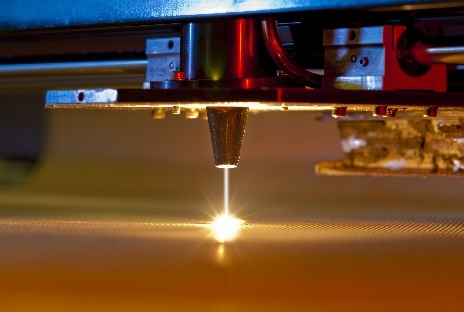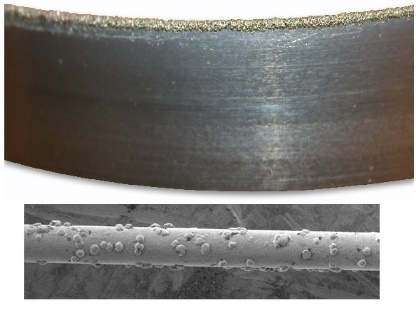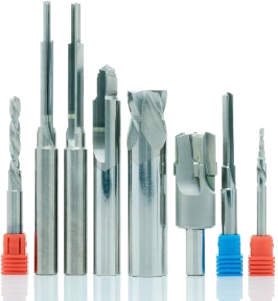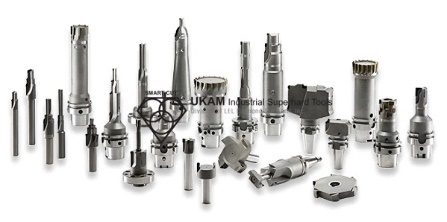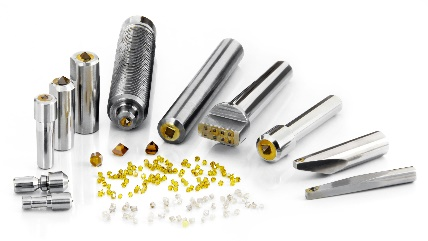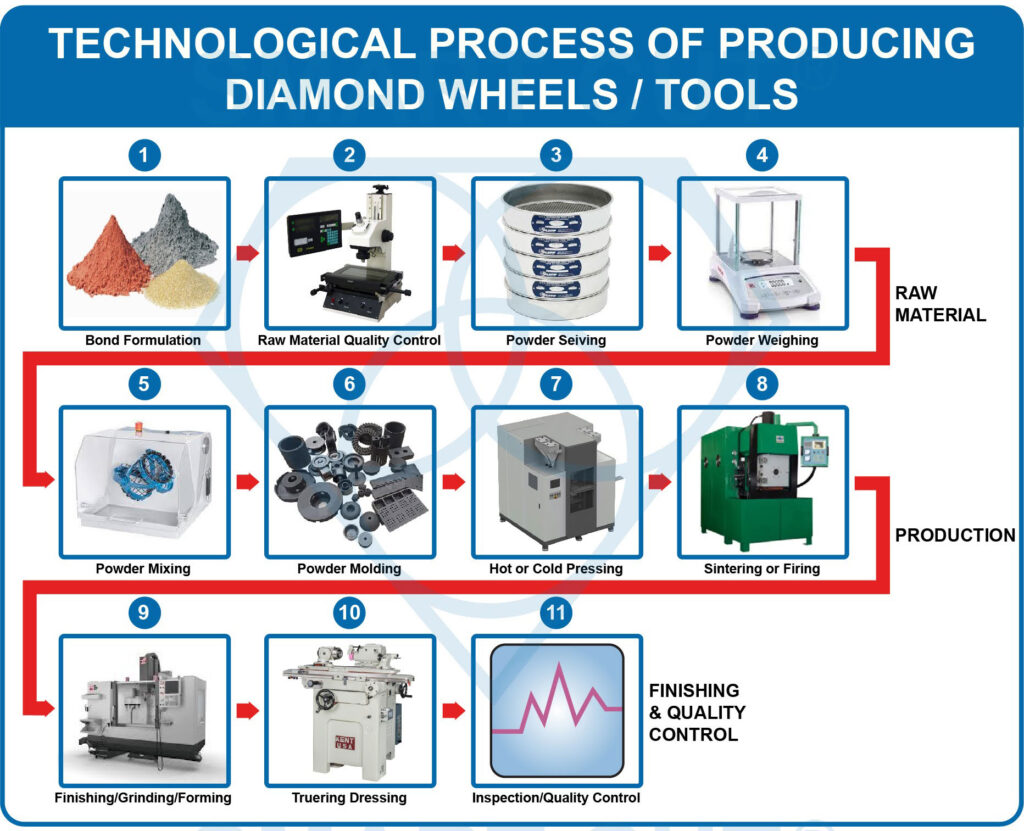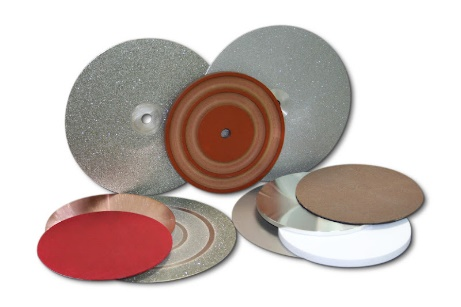Cubic Boron Nitride (CBN) is a synthetic material that is renowned for its exceptional hardness and high thermal stability. It is composed of boron and nitrogen atoms arranged in a crystal lattice structure, similar to diamond. CBN is the second hardest material known after diamond and exhibits similar properties to diamond in terms of wear resistance and thermal conductivity.
CBN is primarily used in industrial applications, particularly for machining ferrous materials such as hardened steels, cast iron, and superalloys. Its hardness and thermal stability make it highly effective in high-speed machining operations, where it can withstand the heat and pressures generated during cutting and grinding processes. CBN tools, such as inserts, grinding wheels, and drills, are engineered to deliver superior performance, extended tool life, and high precision in demanding machining applications.


The exceptional properties of CBN have made it a valuable material in various industries, including automotive, aerospace, and manufacturing. Its ability to machine hardened materials with precision and efficiency has revolutionized the productivity and quality of metalworking CBN continues to be a subject of ongoing research and development to further enhance its properties and expand its applications in the field of cutting and abrasive tools. operations.
CBN is recommended for working with metals, specially iron and steel. Since carbon in steel reacts with carbon in diamond, quickly dulling the diamond crystal and slowing the material removal. CBN blades provide significantly reduced cutting times for tough, gummy materials, such as lead and titanium. However, CBN are not recommended for ceramics and other non metallic materials. CBN will provide optimal performance on difficult to cut materials. These CBN tools will significantly reduce your cutting time on ferrous materials compared to conventional diamond wafering blades.
APPLICATION COMPARISON DIAMOND VS CBN (CUBIC BORON NITRIDE)

Cubic Boron Nitride (CBN) - often used for machining materials with high metallic content.
Materials recommended for cutting with CBN:
-
 Alloy steels (45-68 RC)
Alloy steels (45-68 RC)
-
 Carbon tool steels (45-68 RC)
Carbon tool steels (45-68 RC)
-
 Die steel (45-68 RC)
Die steel (45-68 RC)
-
 High speed steel (45-68 RC)
High speed steel (45-68 RC)
-
 Chilled cast iron
Chilled cast iron
-
 Ni Hard
Ni Hard
-
 Forged steel
Forged steel
-
 Meehanite iron
Meehanite iron
-
 Moly chrome steel rolls
Moly chrome steel rolls
-
 Inconel 600
Inconel 600
-
 Rene
Rene
-
 Incoloy
Incoloy
-
 Monel
Monel
-
 Stellite
Stellite
-
 Colmonoy
Colmonoy
-
 Waspoloy
Waspoloy




Aspect
Diamond
Cubic Boron Nitride (CBN)
Hardness
Extremely hard (10 on the Mohs scale) |
Second hardest material after diamond (9 on the Mohs scale) |
Abrasive Performance
Exceptionally high abrasive performance
High abrasive performance
Heat Resistance
Excellent heat resistance
Excellent heat resistance
Chemical Stability
Highly chemically stable
Highly chemically stable
Applications
Widely used in various cutting, grinding, and drilling applications
Primarily used for machining ferrous materials
Cutting Speed
Suitable for high-speed cutting operations
Suitable for high-speed cutting operations
Material Compatibility
Effective for a wide range of materials, including both non-ferrous and ferrous metals
Primarily used for machining ferrous metals
Cost
Expensive
Relatively expensive |
Thermal Conductivity
High thermal conductivity
Low thermal conductivity
Fracture Toughness
Lower fracture toughness compared to CBN
Higher fracture toughness compared to diamond
Surface Finish
Can provide a smoother surface finish in some applications
Can provide a smoother surface finish in some applications
Availability
Abundantly available as natural and synthetic diamonds
Available, but less common than diamond
Wear Resistance
Exceptional wear resistance
Exceptional wear resistance
Electrical Conductivity
Non-conductive
Non-conductive
Uses in Industrial Applications
Cutting tools, grinding wheels, wire drawing dies, saw blades, and more
Machining of hardened steels, high-speed steels, and other ferrous materials
Wear Resistance
Exceptional wear resistance
Exceptional wear resistance
Cutting Performance
Highly effective for non-ferrous materials, ceramics, and composites
Specifically designed for machining ferrous materials
Tool Life
Generally longer tool life compared to CBN
Tool life depends on the application and material being machined
Thermal Stability
Excellent thermal stability
Excellent thermal stability
Chemical Inertness
Chemically inert, suitable for applications where chemical reactions are a concern
Chemically inert, suitable for applications where chemical reactions are a concern
Surface Finish
Can achieve very fine surface finishes
Can achieve very fine surface finishes
Precision Machining
Suitable for applications requiring high precision and tight tolerances
Suitable for applications requiring high precision and tight tolerances
Brittle Materials Machining
Can be used to machine brittle materials such as glass and certain ceramics
Not recommended for machining brittle materials
Cutting Tool Availability
Wide range of cutting tools available, including inserts, blades, and drills
Cutting tools available, but less common than diamond
Cutting Speed
Suitable for high-speed cutting operations
Suitable for high-speed cutting operations
Usage in Specific Industries
Widely used in aerospace, automotive, electronics, and gemstone industries
Commonly used in the automotive, aerospace, and manufacturing industries
Thermal Conductivity
High thermal conductivity
Low thermal conductivity
Electrical
Non-conductive
Non-conductive
Conductivity
Availability
Abundantly available as natural and synthetic diamonds
Available, but less common than diamond
Environmental Impact
Diamond mining can have environmental concerns
CBN production has a relatively lower environmental impact compared to diamond mining
Cubic Boron Nitride (CBN) is a synthetic material that is renowned for its exceptional hardness and high thermal stability. It is composed of boron and nitrogen atoms arranged in a crystal lattice structure, similar to diamond. CBN is the second hardest material known after diamond and exhibits similar properties to diamond in terms of wear resistance and thermal conductivity.
CBN is primarily used in industrial applications, particularly for machining ferrous materials such as hardened steels, cast iron, and superalloys. Its hardness and thermal stability make it highly effective in high-speed machining operations, where it can withstand the heat and pressures generated during cutting and grinding processes. CBN tools, such as inserts, grinding wheels, and drills, are engineered to deliver superior performance, extended tool life, and high precision in demanding machining applications.
The exceptional properties of CBN have made it a valuable material in various industries, including automotive, aerospace, and manufacturing. Its ability to machine hardened materials with precision and efficiency has revolutionized the productivity and quality of metalworking operations. CBN continues to be a subject of ongoing research and development to further enhance its properties and expand its applications in the field of cutting and abrasive tools.











